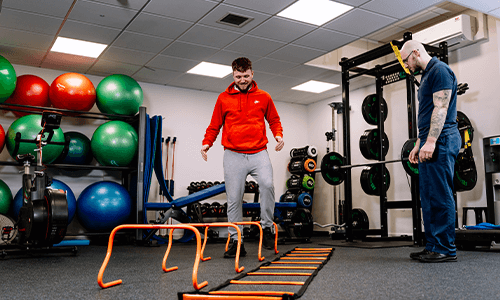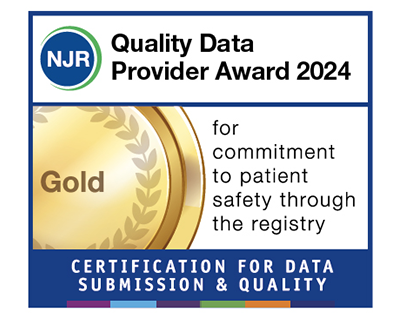Clifton Park Hospital Specialists
-
Mr John Adam
Mr John Adam is a Consultant Orthopaedic Surgeon in Yorkshire who specialises in Shoulder and Elbow Surgery
Read more -
Mr Sunil Auplish
Mr Sunil Auplish is a Consultant Orthopaedic Surgeon in York who specalises in keyhole surgery of the shoulder, elbow hand and wrist.
Read more -
Mr Simon Boyle
Mr Simon Boyle is a Consultant Orthopaedic Surgeon based in York, specialising in shoulder and elbow surgery
Read more -
Mr Hywel Williams
Mr Hywel Williams is an Orthopaedic Consultant at Clifton Park Hospital in York who specialies in shoulder and elbow surgery
Read more


